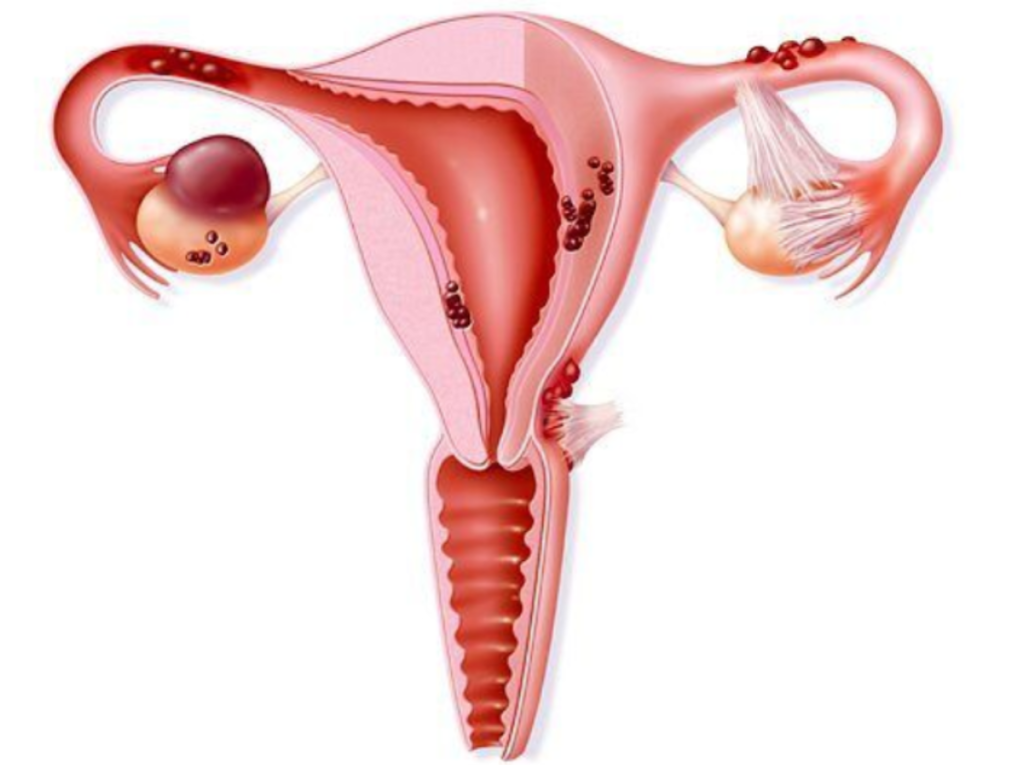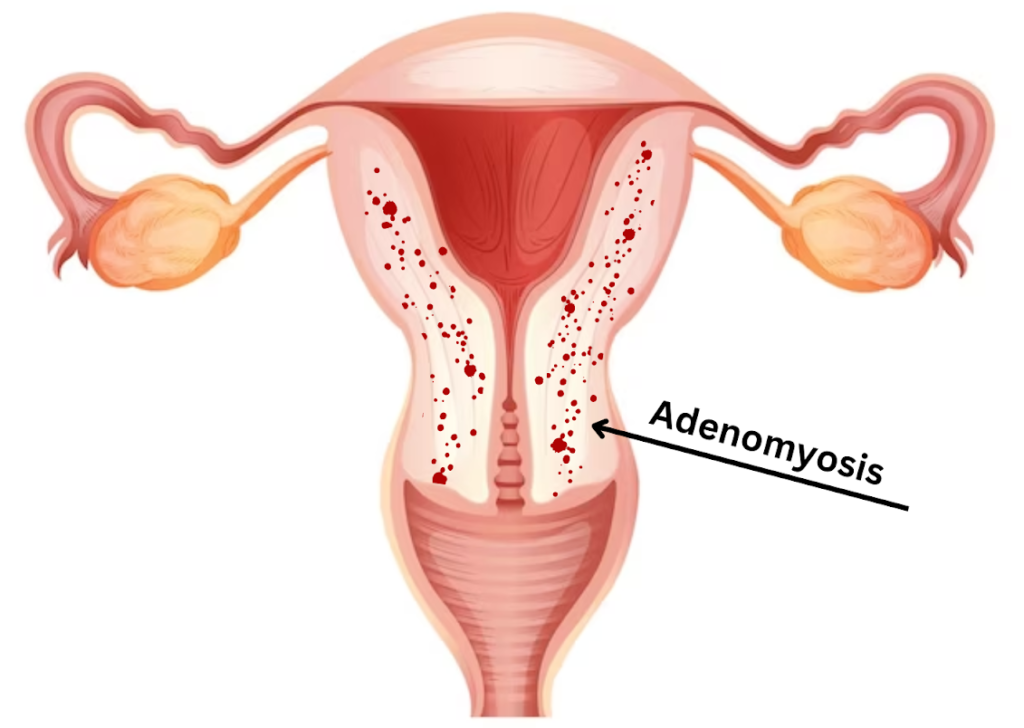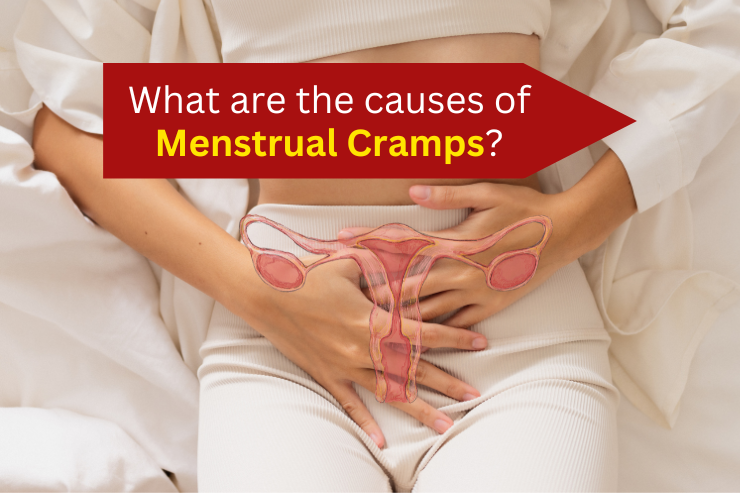Dysmenorrhea or menstrual cramps can be very painful during those hush-hush days. Here in this article, find What Causes Cramping in Periods. Almost every woman experiences terrible pain during her Period cycle. Terrible pain can be normal but excess pain that affects your daily routine is not at all normal.
For instance, if the pain is so severe that it prevents you from doing your daily chores like getting to school, working in the office, or attending social gatherings, then you should visit your doctor to get appropriate treatment.
There are two types of menstrual cramps: Primary and Secondary.
Learn What Causes Cramping in Periods
Menstrual cramps occur when a prostaglandin makes the uterus contract (tighten up). Throughout your menstrual cycle, the uterus, the musculature organ where a fetus develops, contracts. The uterus contracts extra rigidly during menstruation.
When the uterus contracts too tightly, it can squeeze against nearby blood vessels, cutting off the oxygen supply to muscle tissue. A painful condition occurs when a part of the muscle temporarily loses its oxygen supply.
Here are 3 major reasons for Menstrual Cramps :
- Endometriosis

Endometriosis is a common cause of menstrual cramps. It is a condition in which cells from the lining of the uterus migrate to other parts of the body, such as the ovaries, fallopian tubes, bladder, and rectum. Endometrial tissue can cause inflammation, pain, and disruption of these organs’ normal functioning.
Endometriosis can lead to severe pelvic pain, painful periods, irregular bleeding, painful intercourse, and infertility. It can also cause fatigue, digestive issues, and emotional distress.
What Causes Cramping in Periods
The experience of living with endometriosis is like having an unwelcome guest move into your home without permission. Not only do you have to deal with their presence, but it also disrupts your day-to-day life, creating chaos and causing disruption and pain in your home.
Untreated endometriosis can induce chronic inflammation, adhesions, chocolate cysts (cysts that contain blood), and internal bleeding, which can all cause unbearable pelvic pain.
Dr. Sinvero, MD of the Center for Endometriosis Care in Atlanta, says that endometriosis pain is not just period pain that lasts all the time. He stated, “Many women also have backaches and other bowel symptoms, which should not be confused with Irritable bowel Syndrome (IBS).“
- Adenomyosis

Like endometriosis, adenomyosis occurs when the endometrium realigns itself strongly within the uterine muscle as opposed to inserting itself outside the uterus.
According to Sinervo, “the uterus looks like a bruised muscle in women with adenomyosis. The symptoms are more severe cramps and painful sex, which may last for a day or two.”
Adenomyosis is typically seen in women over age 30 who have previously had children. However, Sinervo added that “it has also been observed in teenagers.”
- Uterine Fibroids

Fibroids are muscular tumors that develop in the uterine wall (womb). The majority of fibroids are relatively harmless (not cancerous). Not every woman with fibroids experiences symptoms.
Women dealing with fibroids typically find them difficult to deal with. Some women experience pain as well as heavy menstrual bleeding. Depending on your symptoms, you may need uterine fibroids treatment.
Uterine fibroids can cause pressure on the bladder and uterus, leading to frequent urination and discomfort. They can also cause difficulties in getting pregnant, as the fibroids can block the Fallopian tubes. In some cases, they can also interfere with the implantation of a fertilized egg in the uterus.
CONCLUSION
If you are experiencing severe menstrual cramps, you should consult a physician, as menstrual cramps can be a sign of more serious health problems. But if it’s just the usual cramps, grab some chocolate and take a nap – it’s a surefire cure! Taking steps to manage your health is always the right choice, so if the cramps do not subside with rest, it is best to get checked out by a doctor.


